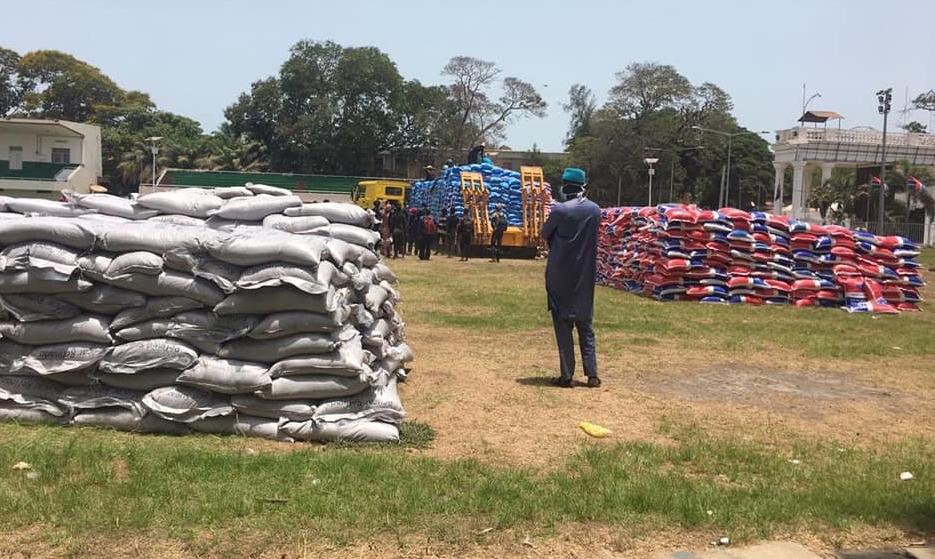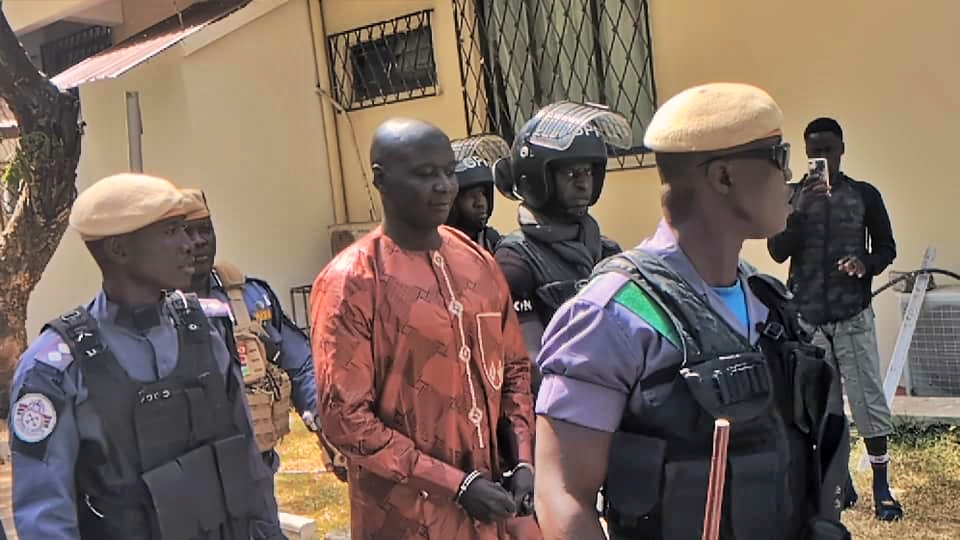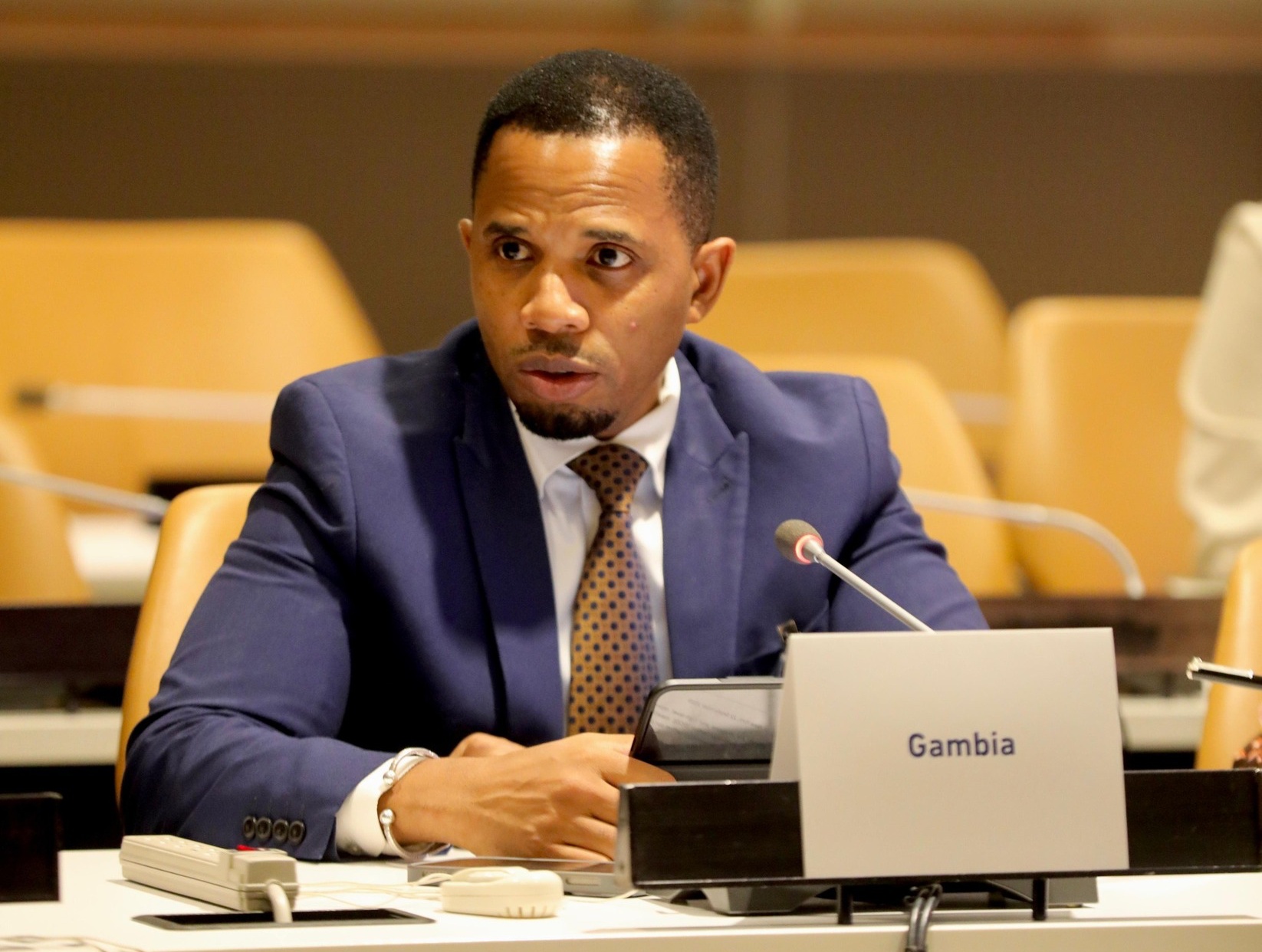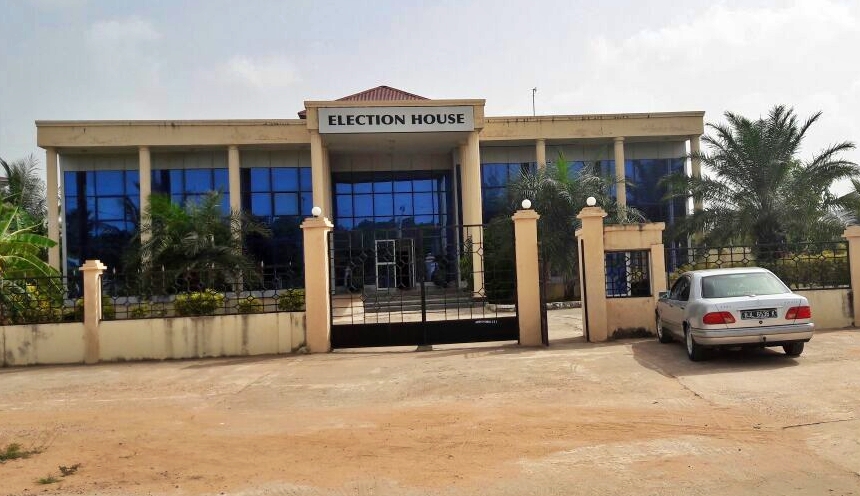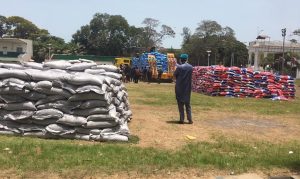Human rights advocates and members of the political elite in The Gambia are pushing for the removal of the contentious Elections Decree No. 78 of 1996 and its replacement with a new Elections Act. A new law is currently under consideration, with expectations that it will pass the necessary screening and be approved by the National Assembly.
However, the proposed election statute, if approved in its current form, will invalidate the current voter registration. This would mean that all eligible individuals would need to reapply for registration, as mandated by the Act.
The New Election Bill, based on demographic estimates from 2020–2021, includes provisions for five diaspora seats. These constituencies—Africa, North and Western Europe, South and Eastern Europe, the Americas and the Caribbean, and the Middle East, Asia, and Oceania—were outlined in a briefing document released in May 2021 by the Migration and Sustainable Development in the Gambia (MSDG) project.
One of the objectives of the new election bill is to consolidate smaller seats into a single one and divide larger ones into two. While many support the creation of new constituencies, including those in the diaspora, there are concerns about the timing.
Some observers argue that it would be more prudent to wait until after the National Housing and Population Census, which is scheduled for this year. The Gambia failed to conduct the census last year, the first time since 1963, due to incompetence.
Using outdated data from the 2013 Census to draw boundaries for new constituencies could lead to inaccuracies and the need for boundary changes based on the 2024 Census data. With the next elections in The Gambia scheduled for 2026, there is time to ensure that the creation of new constituencies is based on up-to-date and accurate demographic profiles.
The new Elections Bill was introduced in December 2023 by Suwaibou Touray, the NAM for Wuli East and member of the committee to the Standing Committee on Human Rights and Constitutional Matters. Some others features of the bill are as follows.
Deposits Recommendations
The committee recommends amendments to the deposit amounts for presidential and elective candidates. Presidential candidates must deposit D1 million, National Assembly Members’ deposit from D5000 to D10,000, mayoral and chairperson candidates’ deposit at D6,000 and councillorship candidates’ at D3,000.
Forfeiture of deposit
The Committee recommended maintaining the 20% deposit percentage for National Assembly-Members, Mayor/Mayoress, and Chairpersons, drafting a new clause for Councillors, and reducing the required vote percentage to 20%.
Registration of political parties
The Committee recommends increasing the D1 million registration fee to D2 million and transitioning from ‘ballot box/drum’ to ‘ballot token/paper’. Permits require notification to Inspector General of Police.
Chief Electoral Officer
The Bill proposes that the Electoral Commission appoint a Chief Electoral Officer, who can only be removed based on serious misconduct, Constitutional violations, or bankruptcy. The Commission can appoint as many Election Officers and staff as it deems appropriate, with Presiding Officers who must take an oath for office execution and secrecy.
Audit
The Electoral Commission’s funds include National Assembly funds, fees, charges, and donations, while maintaining impartiality and independence. The Commission maintains records of income, expenditure, and transfers, and prepares estimates for the ensuing year three months before the end of each financial year. It also submits its statement of accounts to the Auditor-General for audit.




